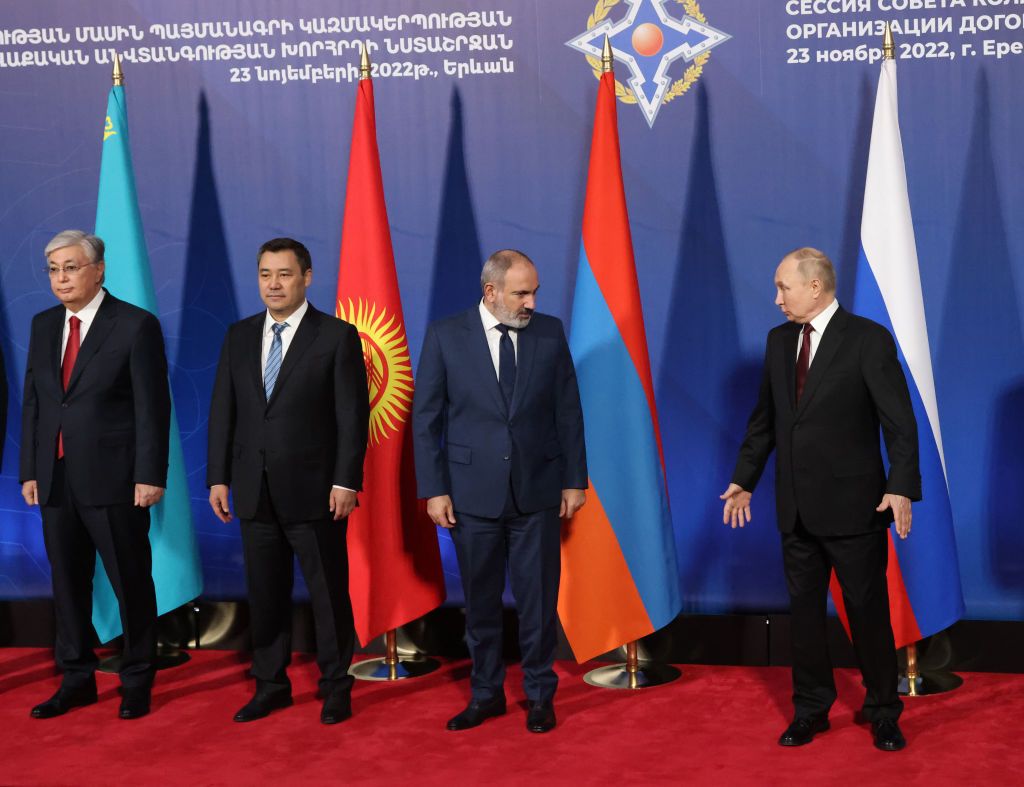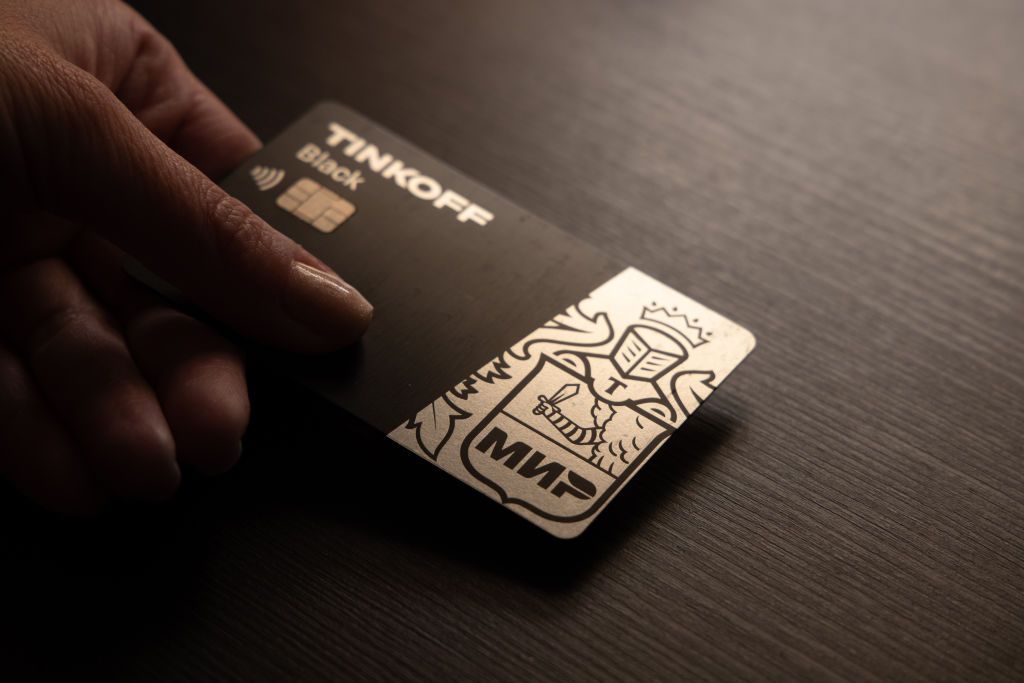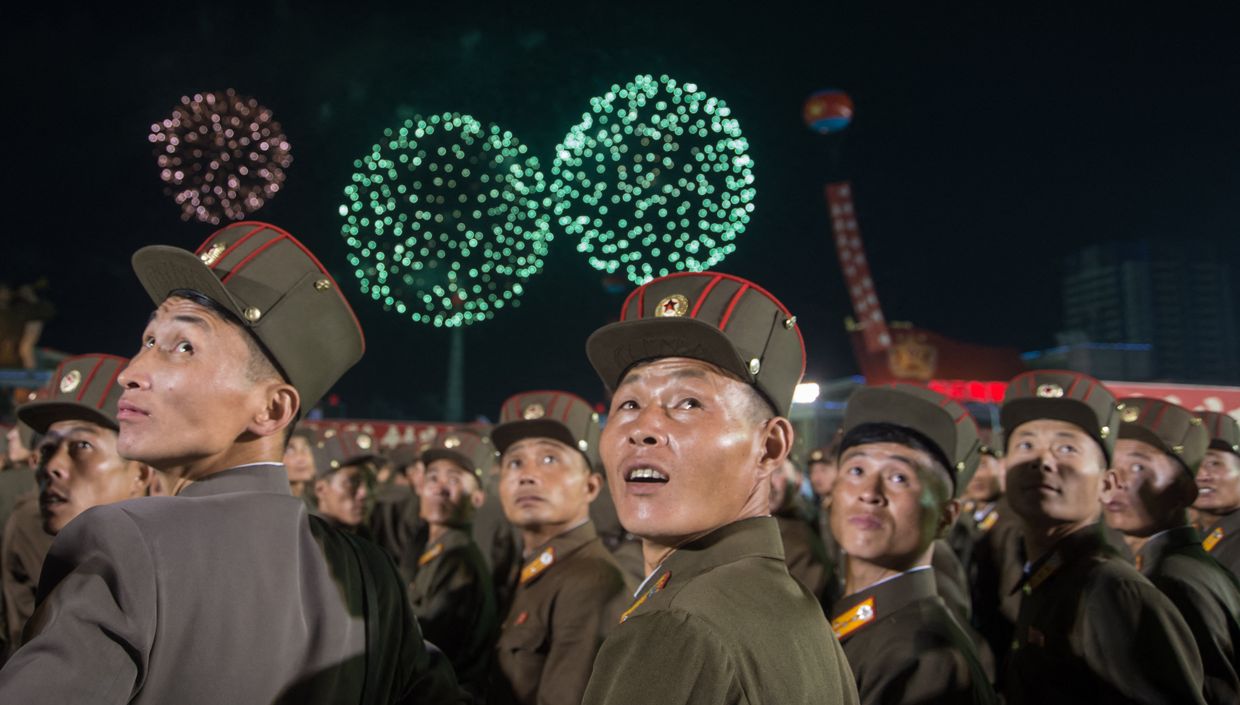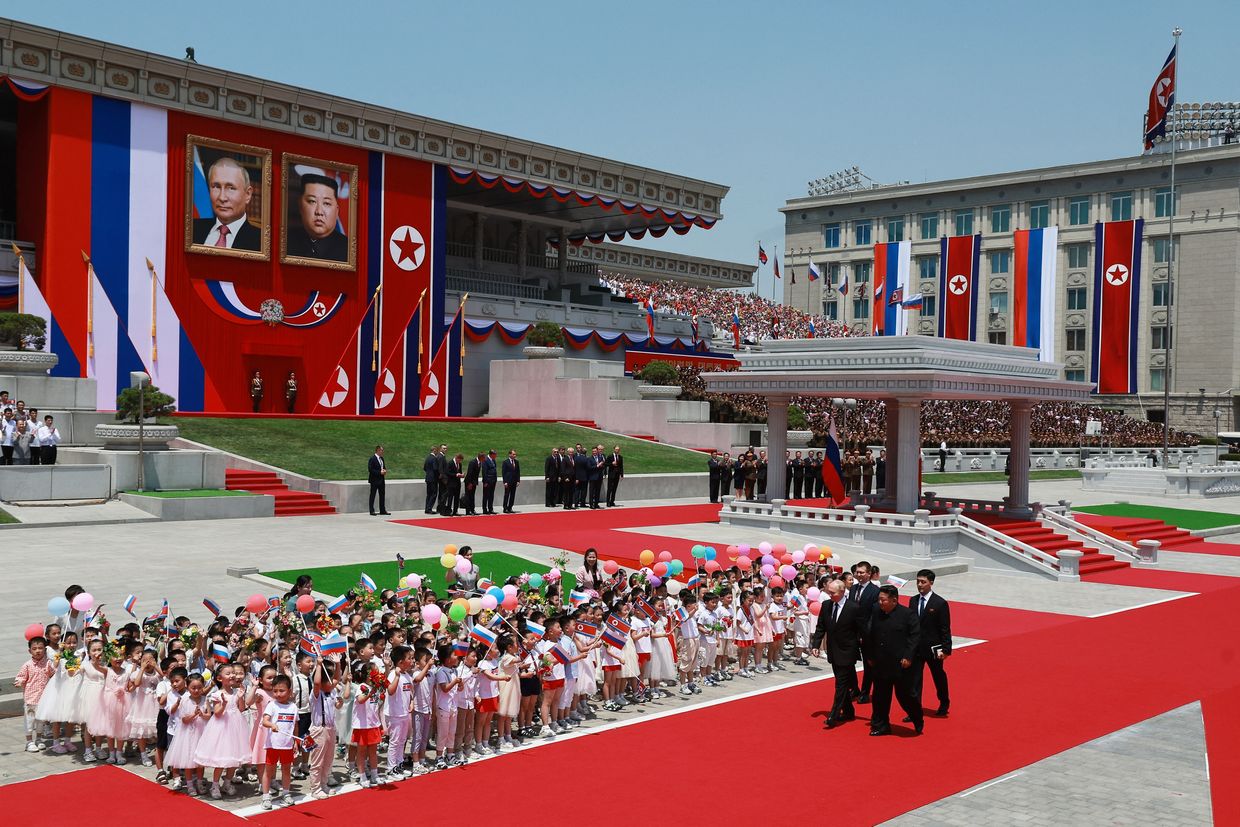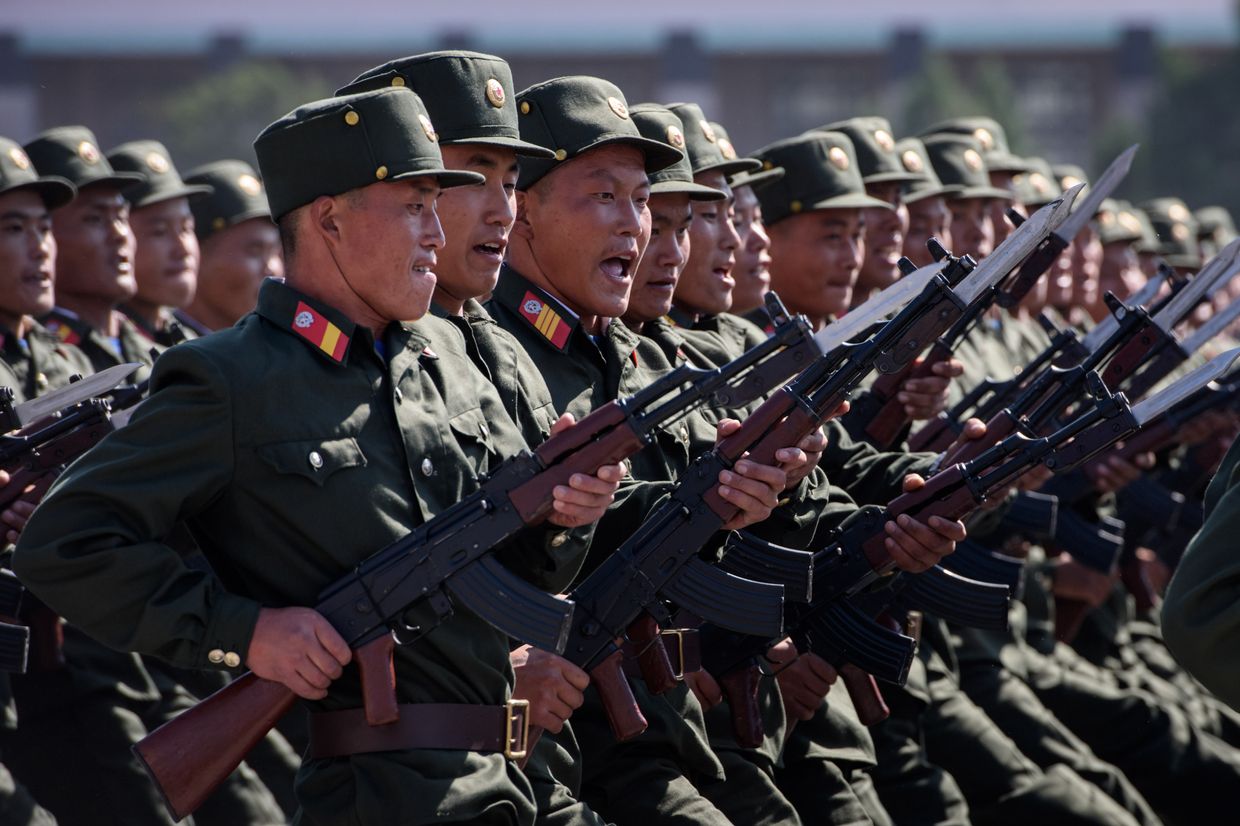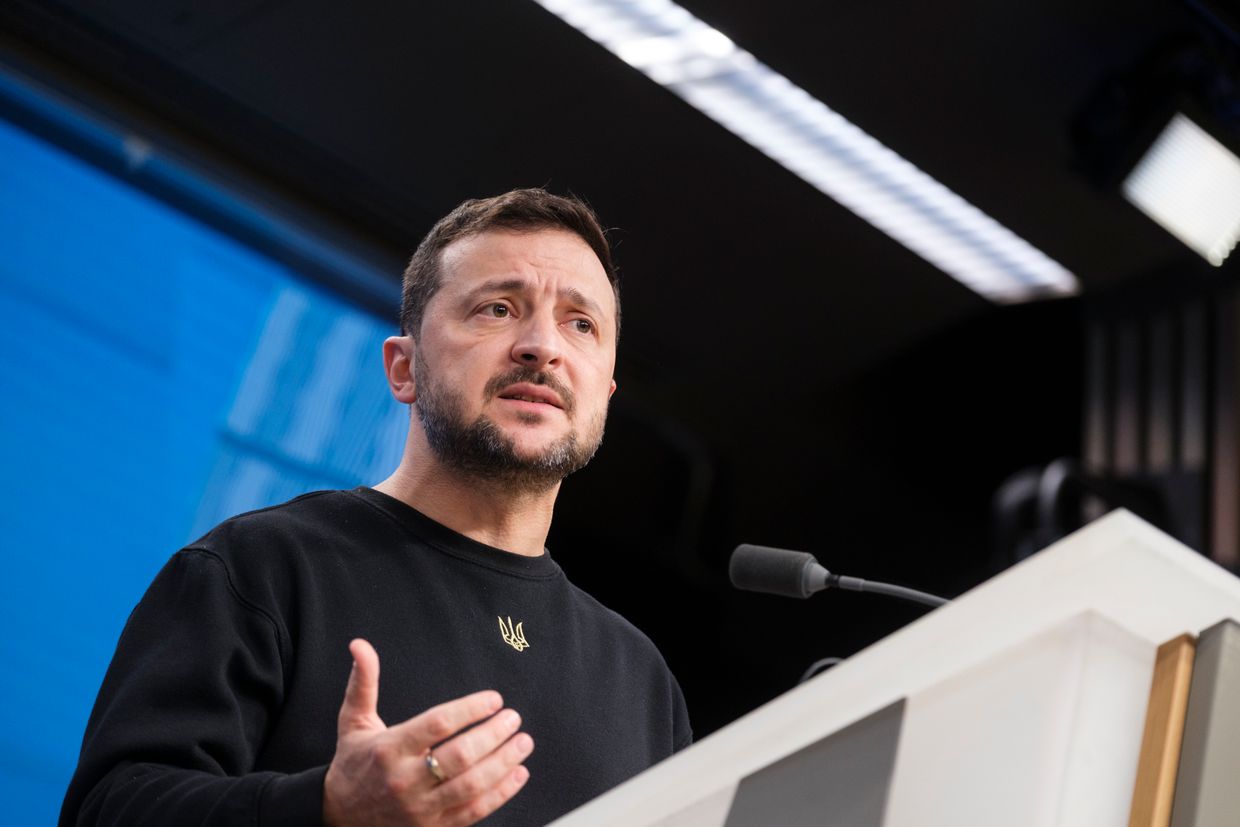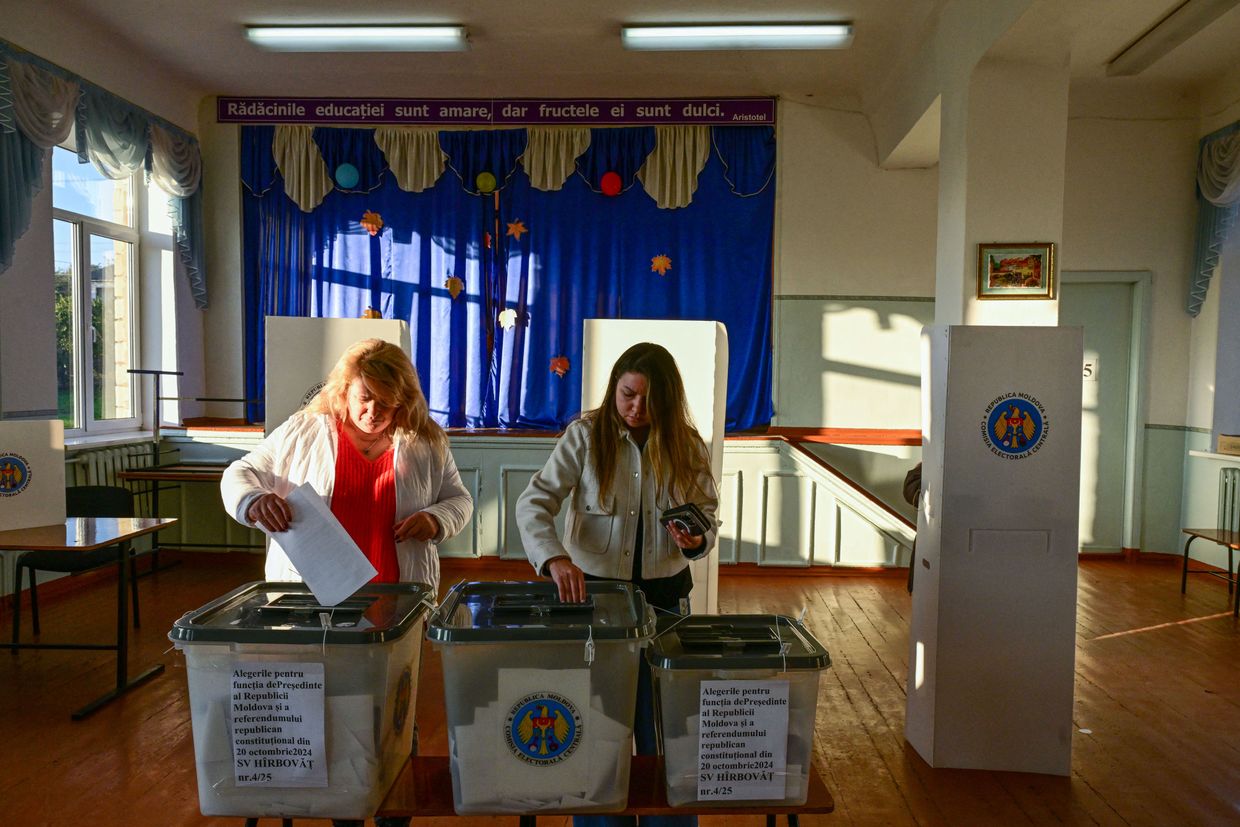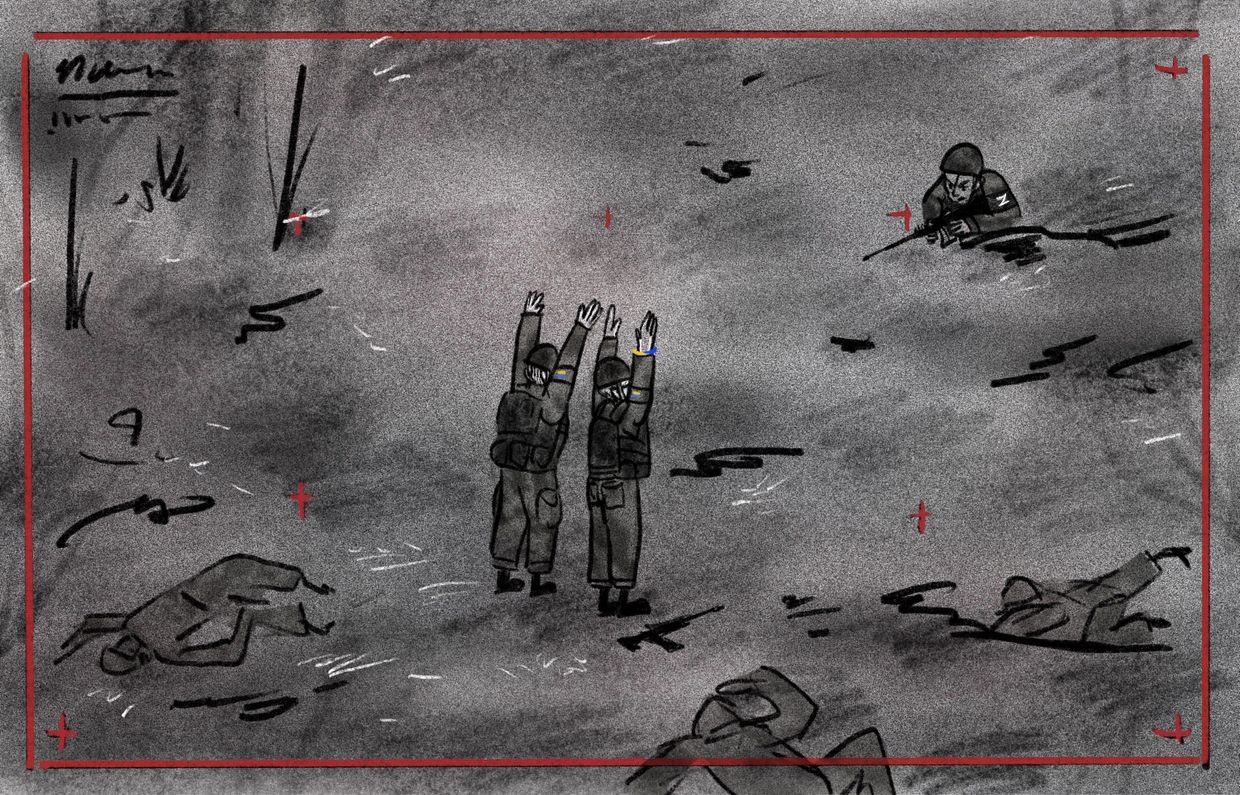The majority of banks in Armenia will stop accepting cards that use the Russian Mir payment system at the end of the month, the Russian state-controlled media outlet RBC reported on March 19.
The Mir payment system was instituted following Russia's illegal annexation of Crimea in 2014 after international sanctions began to limit the usage of international cards. Their usage exponentially increased after the beginning of the full-scale invasion of Ukraine in 2022 and the subsequent withdrawal of the major card issuers Visa and Mastercard from Russia.
Armenian authorities said in 2023 that perhaps 100,000 Russians came to Armenia following the start of mobilization in fall 2023.
Representatives from the partially Russian-state-owned bank VTB told RBC that most banks in Armenia, barring VTB, would stop accepting cards that worked through the Mir payment system by March 30.
The impact of the decision is yet to be determined, as there are still more than 50 VTB branches in Armenia and close to 200 ATMs that cardholders can access. According to RBC, Mir cardholders will still potentially be able to make online payments.
The move was likely spurred by the announcement of new U.S. sanctions against the Russian National Payment Card system (NSPK) in February 2024, which coincided with the second anniversary of the full-scale war and the death of Russian opposition leader Alexei Navalny at a penal colony in Russia.
The U.S. has sought to increase the reach of its measures against Russia, including moves to target banks around the world that do any business with the American financial system.
As the new measures announced in December 2023 levy potential consequences against institutions that even inadvertently work with sanctioned entities, some Chinese banks have ended their work in Russia.
U.S. Deputy Treasury Secretary Wally Adeyemo said in February 2024 that the measures had reduced the flow of Russian funds to third-party countries.
The Mir payment system continues to work in other countries that are allied with Russia or that have maintained ties, RBC said.
Armenia has long been close with Russia, but the relations between the two countries have swiftly deteriorated after Russian "peacekeepers" in Azerbaijan's disputed Nagorno-Karabakh region, claimed and previously populated by ethnic Armenians, did not intervene during Azerbaijan's September 2023 offensive.
Armenia has since sought to distance itself from Russia - repeatedly accusing Moscow of being an unreliable partner.
Armenia's Foreign Minister Ararat Mirzoyan revealed earlier in March that the country is considering applying for membership in the European Union, aiming to strengthen ties with the West. Yerevan also asked Russian "peacekeepers" who have been stationed at Yerevan's international airport since the country's independence to leave.
